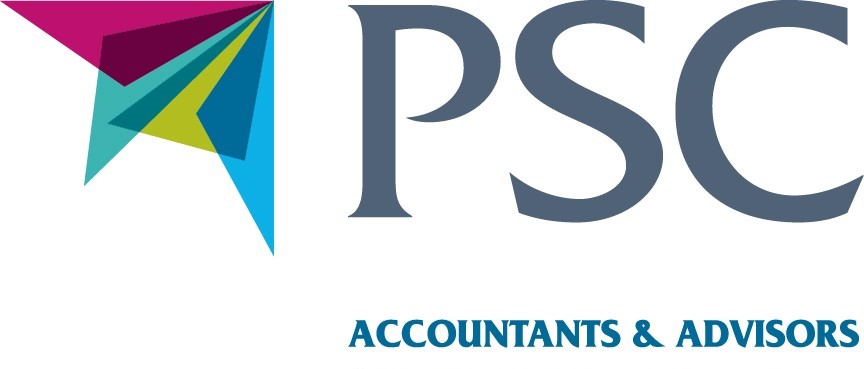
Brexit & VAT
The New Rules
From 1 January 2021, a new VAT regime will exist in Northern Ireland (NI) and this will affect how Irish businesses trade with NI and Great Britain (GB). This is regardless of whether the UK and EU reach agreement on a trade deal by the end of the transition period on 31 December 2020. The Protocol on Ireland/Northern Ireland to the Withdrawal Agreement, which is designed to avoid a hard border on the island of Ireland, allows this position.
Broadly, under the Protocol on Ireland/Northern Ireland, the UK will have three different VAT regimes:
We have outlined below the VAT implications for:
- Irish businesses trading goods with Northern Ireland
- Irish businesses trading goods with Great Britain
At the time of writing, differences remain between the UK and EU on how some elements of the Protocol should be interpreted.
TRADE IN GOODS: IRELAND/NORTHERN IRELAND
The Irish Government has stated that it will introduce postponed accounting for VAT on imports carried by VAT registered businesses in the event of a no-deal Brexit
NI will remain part of the UK VAT regime however EU VAT rules for goods will continue to apply. Therefore, from 1 January 2021, the current VAT treatment should continue to apply to trade in goods between Ireland and NI. This means that:
- Supplies of goods between Ireland and NI businesses should be treated as zero-rated intra-EU dispatches
- Supplies to consumers will use distance selling rules. This means that NI/UK VAT will need to be accounted for when the level of sales in NI exceeds the annual distance selling threshold.
To facilitate NI’s alignment to EU VAT rules for goods, the European Commission has proposed amending EU VAT law to introduce a special VAT identification number for NI businesses.
This proposal would have to be ratified by all of the EU States. There are other operational aspects which still have to be worked out also.
TRADE IN GOODS: IRELAND/GREAT BRITAIN
Sales of goods from GB to Ireland will be treated as imports into Ireland. Import VAT will be due by the importer in Ireland. The Irish Government has stated that it will introduce postponed accounting for VAT on imports carried by VAT registered businesses in the event of a no-deal Brexit. This will mean that instead of import VAT becoming due at the time the goods are imported, it can be accounted for in the importers next VAT return. This would be of significant cash flow benefit for Irish traders. In the event agreement is reached between the EU and the UK, the Irish government have not confirmed whether the postponed method of accounting for VAT will be introduced. If it is not, Irish importers will have to pay VAT on goods imported from GB at the time of import.
Sales of goods from Ireland to GB will be treated as exports from Ireland. No Irish VAT will be charged on these goods. The responsibility for VAT will fall to the importer in GB, ie, the reverse charge mechanism will apply. Irish businesses should retain evidence that the goods have been exported from Ireland.
The UK have announced that from 1 January 2021, it intends to introduce the postponed method of accounting for VAT for all imports by UK VAT registered businesses into the UK from both EU and non-EU countries. This position for the UK will remain regardless of whether a free trade agreement is reached between the EU and the UK.
Disclaimer: The content of this document is for general information only and should not be relied upon as a legal or professional interpretation of any law or other guidance. While every care has been taken by the Author in the preparation of this document, PSC Accountants Limited or associated companies will not be liable to you or any third party for any loss including, but not limited to loss of profits, goodwill or any type of special indirect or consequential loss howsoever caused ( including loss or damage suffered by you as a result of an action brought by a third party) arising out of or in connection with the provision of our services, in contract, tort, by statute or otherwise, even if such loss was reasonably foreseeable or in the contemplation of us or if we had been advised of the possibility of you incurring the same unless the loss is primarily caused by bad faith, gross negligence or wilful default by us.

